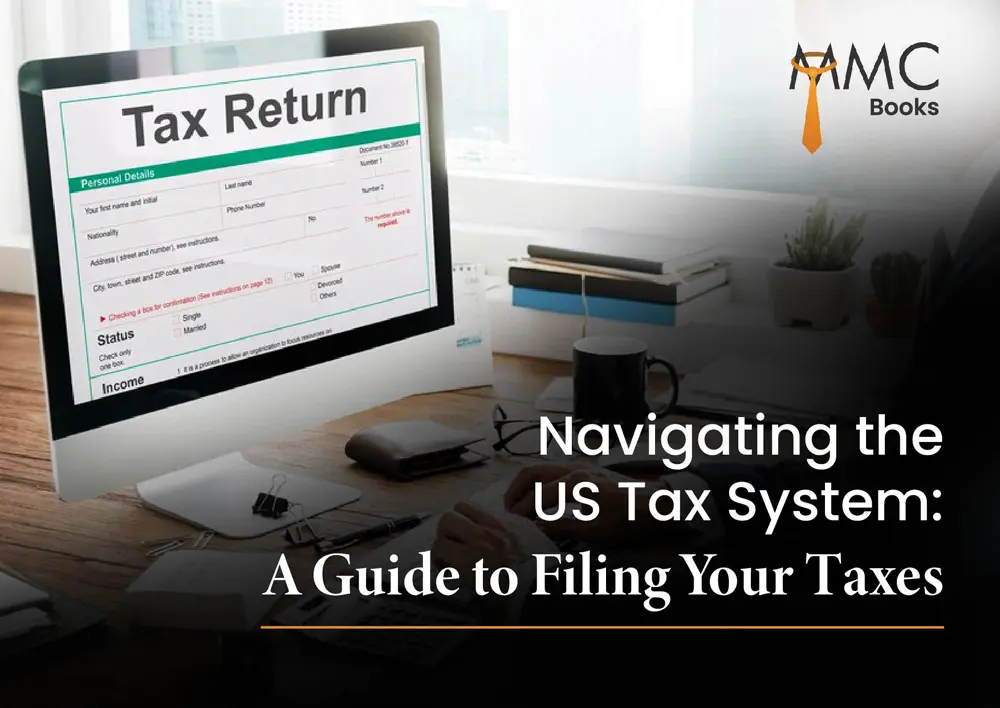
The 1040 form is the one most individuals use to file their annual income tax returns. This form is crucial because it reports your overall financial activity for the year, including income, deductions, and credits. Here’s what you typically include:
Filing Form 1040 ensures you report all your taxable income and claim eligible deductions and credits, which can lead to a lower tax bill or a refund.
Personal property tax is a local tax assessed on movable items you own, such as vehicles, boats, trailers, and business equipment. Unlike real estate taxes, which are assessed on land and buildings, personal property taxes are based on the value of personal belongings.
For businesses, tax filing depends on the type of business entity. Each type has specific forms and filing requirements.
At MMC Books, we simplify the complex and time-consuming task of tax filing. Understanding how does the tax system works in USA is crucial for accurate and compliant filing. Our experienced professionals ensure your filings are accurate and timely, navigating the intricacies of the US tax system on your behalf.
We offer comprehensive support for individual (Form 1040), personal property, and business tax returns (Forms 1120, 1120S, and 1065). Staying up-to-date with the latest tax laws, we minimize errors and penalties. We maximize your deductions and credits, saving you money and time. Contact MMC Books for peace of mind, knowing your taxes are handled expertly. Plus, our services are available at very reasonable rates, making professional tax assistance accessible to everyone.